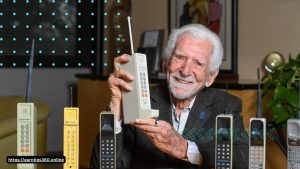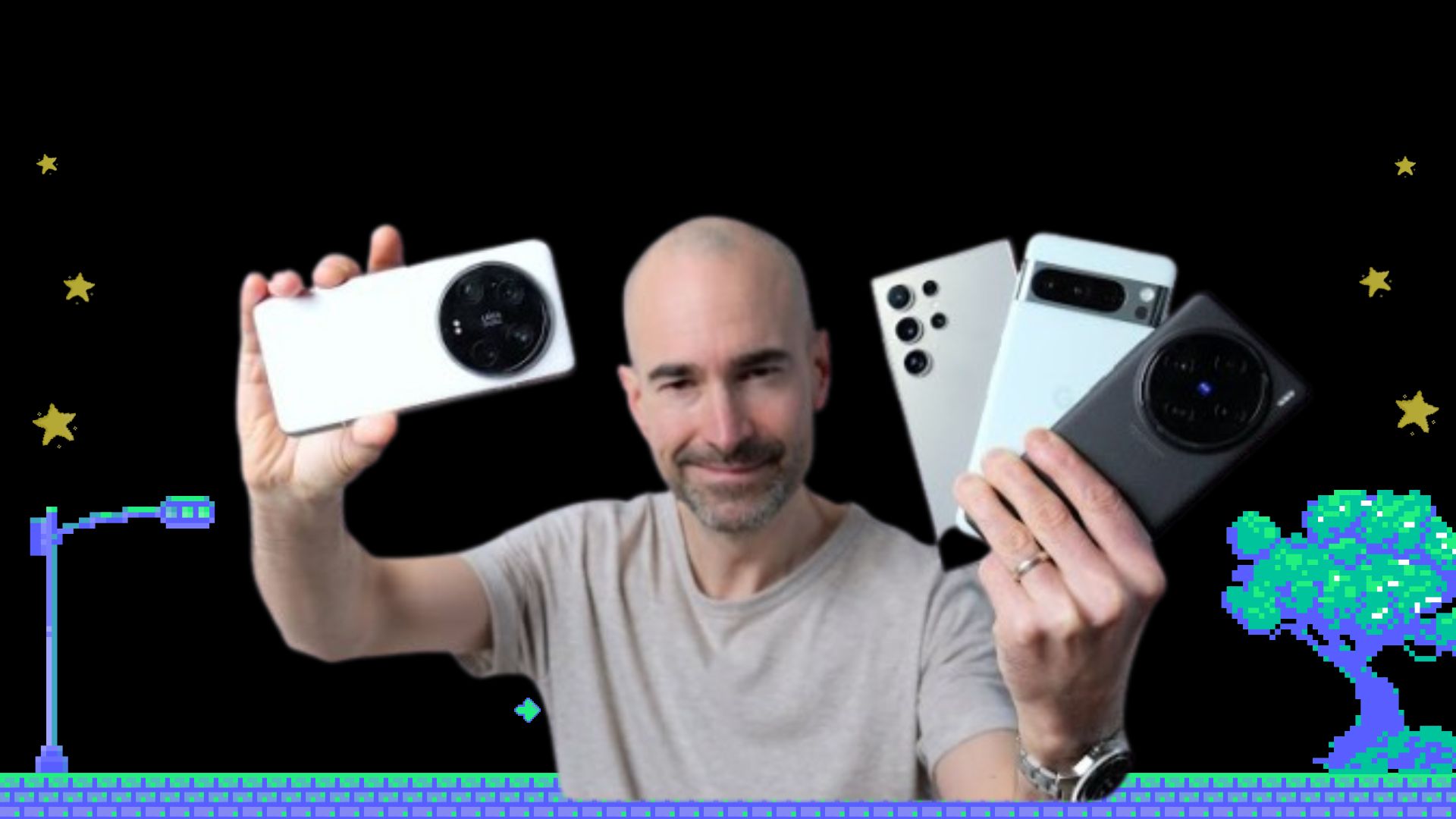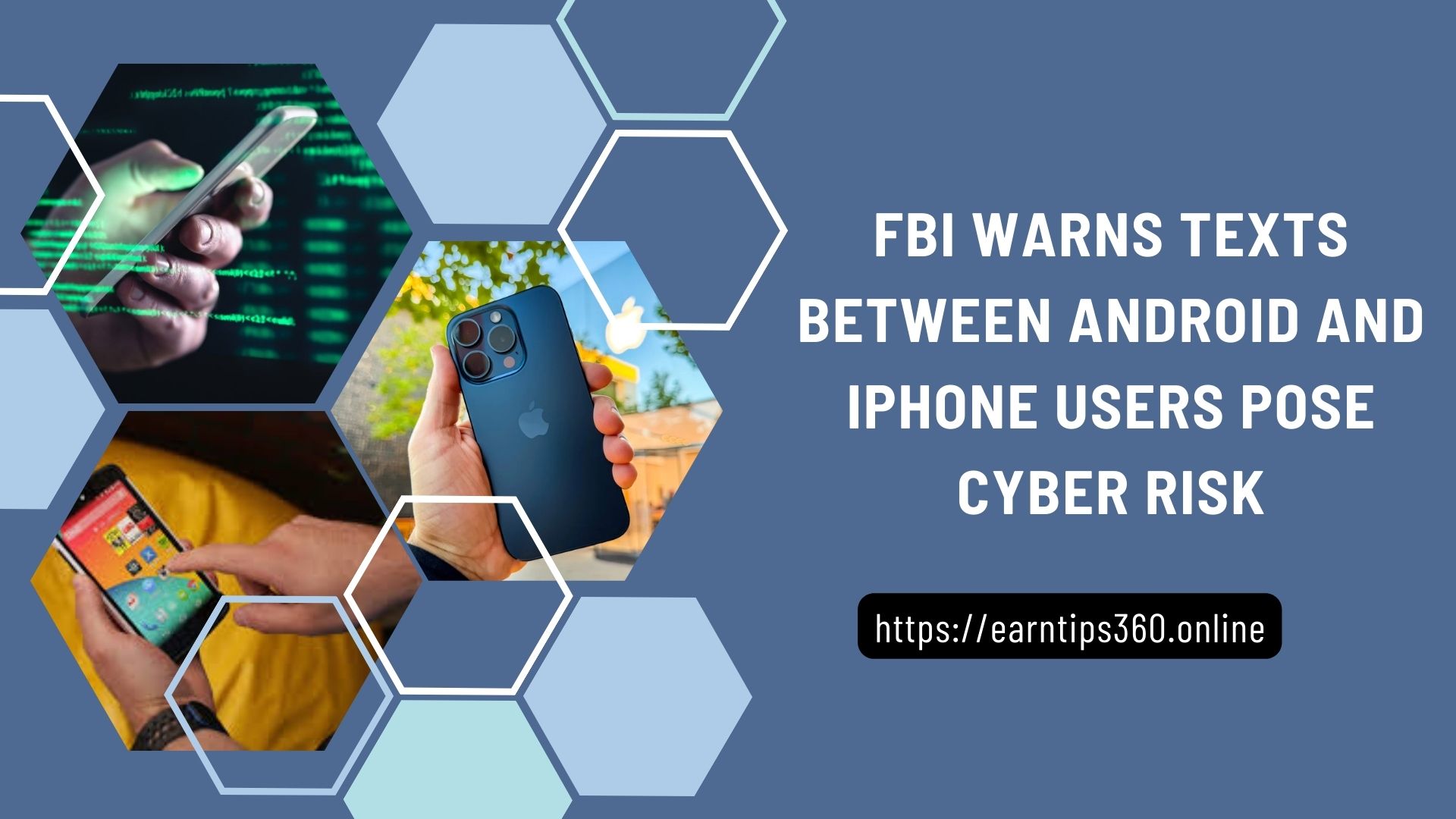In a world where many of use are glued to our smartphones,Dulcie Cowling is something of an anomaly- she has ditched hers.
The 36- year-old decided at the end of last year that getting rid of her handset would improve her mental health. So, over Christmas she told her family and friends that she was switching to an old Nokia phone that could only make and receive calls and text message.
She recalls that one of the pivotal moments that led led to her decision was a day at the park with her park with her two boys, aged six and three. I was on my mobile at a playground with the kids and i looked up and every single parent- there was up to 20- were looking at their phones, just scrolling away, she says.
I though when did this happen?. Everyone is missing out on real life. I don’t think you get to your death bed and think you should have spent more time on Twitter, or reading articles online.
Ms Cowling, who is a creative directors at London-based advertising agency Hell Yeah! adds that the idea to abandon her smartphone had built up during the Covid lockdowns.
I thought about how much of my life is spent looking at the phone and what else could i do. Being constantly connected to lots of services creates a lot of distractions, and is a for the brain to process.
She plans to use the time gained from quitting her smartphone to read and sleep more.
About nine out of 10 people in the UK now own a smartphone, a figure broadly replicated across the developed world. And we are glued to them one recent study found that the average person spends. 4.8 hours a day on their handset.
Yet for a small, but growing number of people, enough is enough.
Alex Dunedin binned his smartphone two years ago:

Culturally we have become addicted to these tools, says the educational researcher and technology expert. They are blunting cognition and impeding productivity.
Mr Dunedin, who lives and works in Scotland, says another reason behind his decision was environmental concerns. We are wasting exponential amounts of energy producing exponential amounts of CO2 emissions, he says.
He has become happier and more productive since he stopped using a smartphone, he says. Mr Dunedin doesn’t even have an old fashioned mobile phone or even a landline anymore. He is instead only electronically contactable via emails to his home computer.
It has improved my life, he says. My thoughts are freed up from constantly being cognitively connected to a machine that i need to technologies is that they are emptying our lives.
Lunny Voyce, a 53-year- old teacher and writer from Birmingham, has moved in the opposite direction- she stared using a smart phone again last august after a break of six years.
She says she was reluctantly compelled to buy one again due to having to deal with QR codes i restaurants, and so called Covid passports, plus making it easier to keep in touch with one of her daughters who lives in Paris.
Ms Burke says it would be useful if more people monitored how much time they spend on their smartphone. Starting to realise exactly how much time you’re frittering away each day on your phone can be a powerful wake up call and catalyst for change.
She also advises carving out short periods when you have your phone switched off or left at home, and gradually increase the wait period till you check it again.
Finally, she recommends choosing an image or a word that represents what you would rather be doing- if only you had more time as your phones screensaver.










